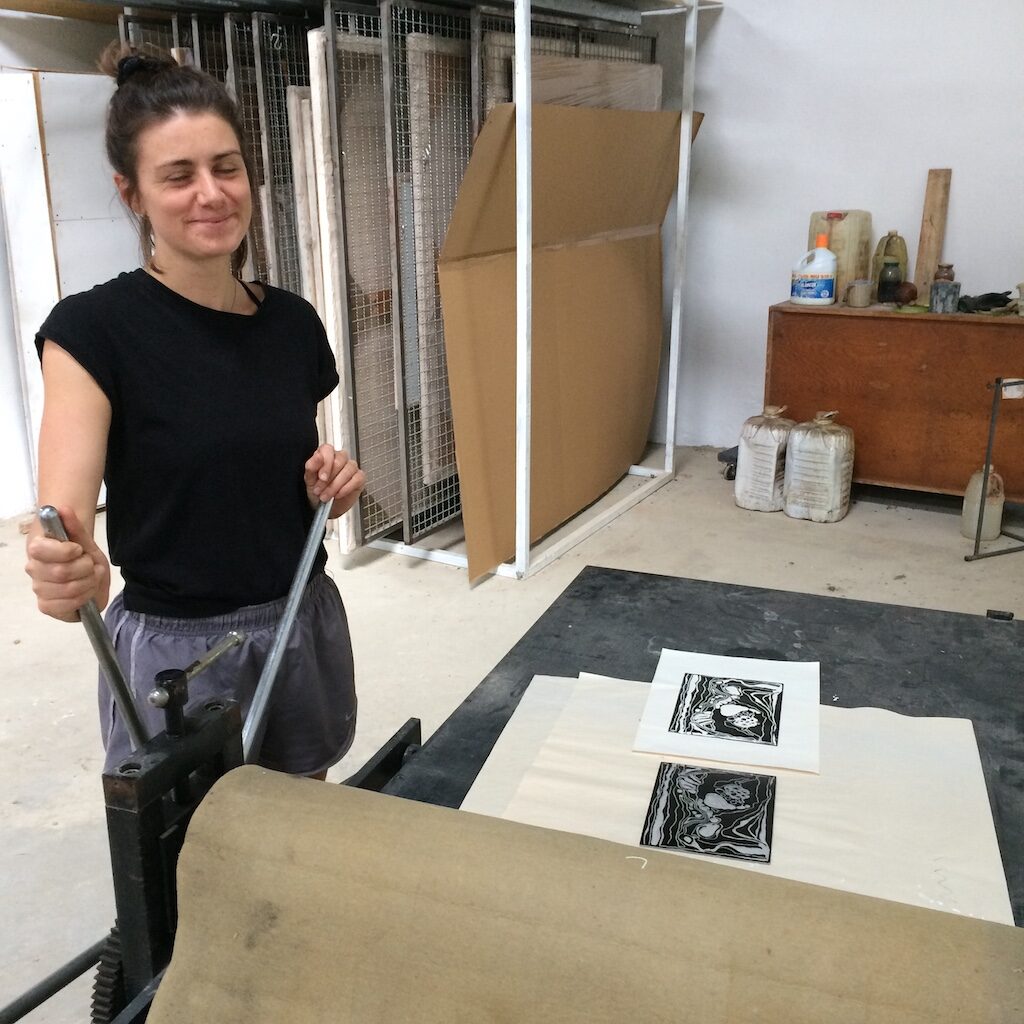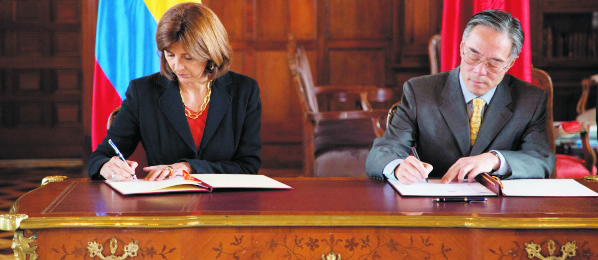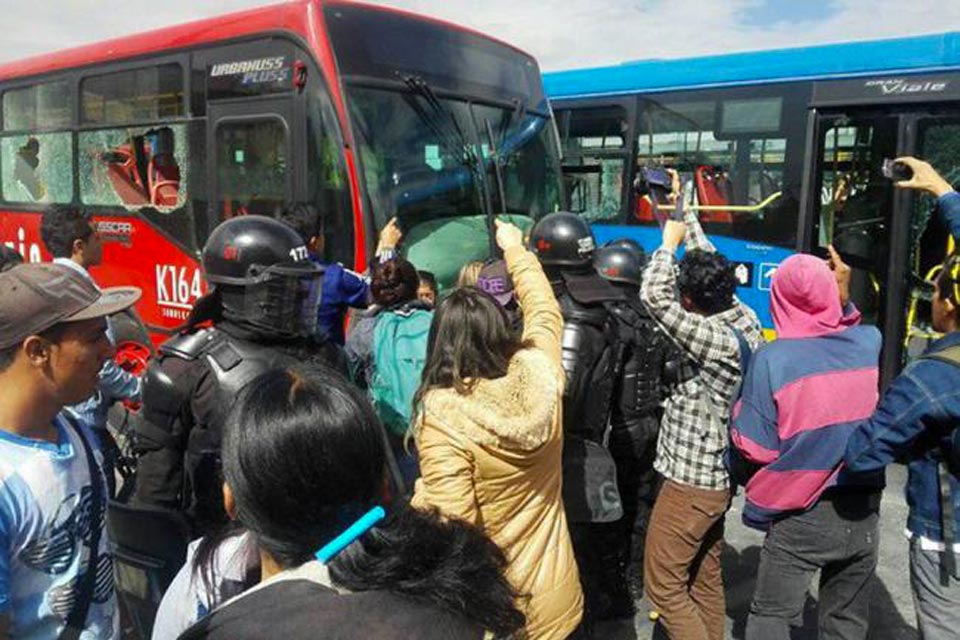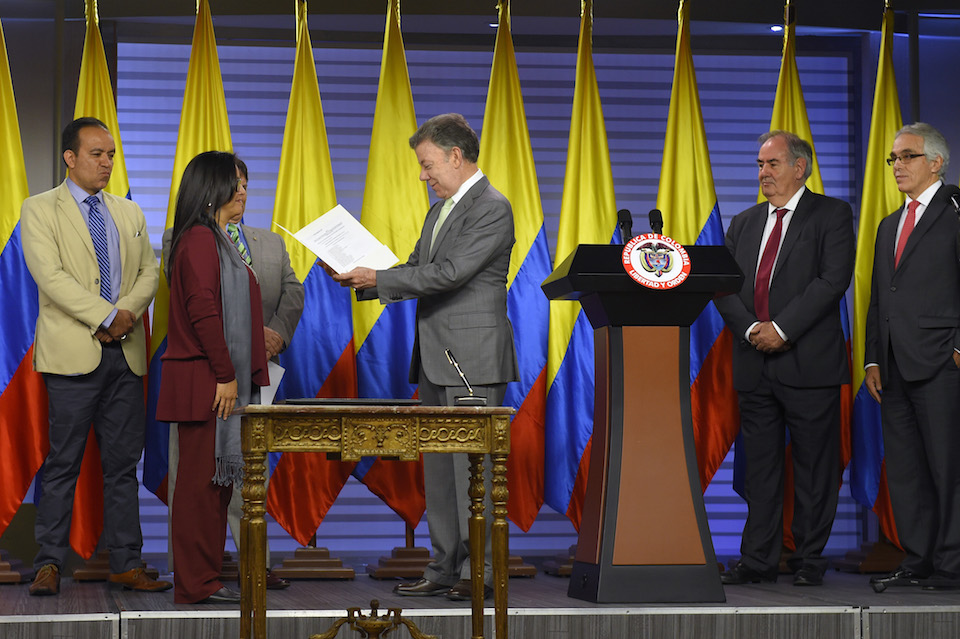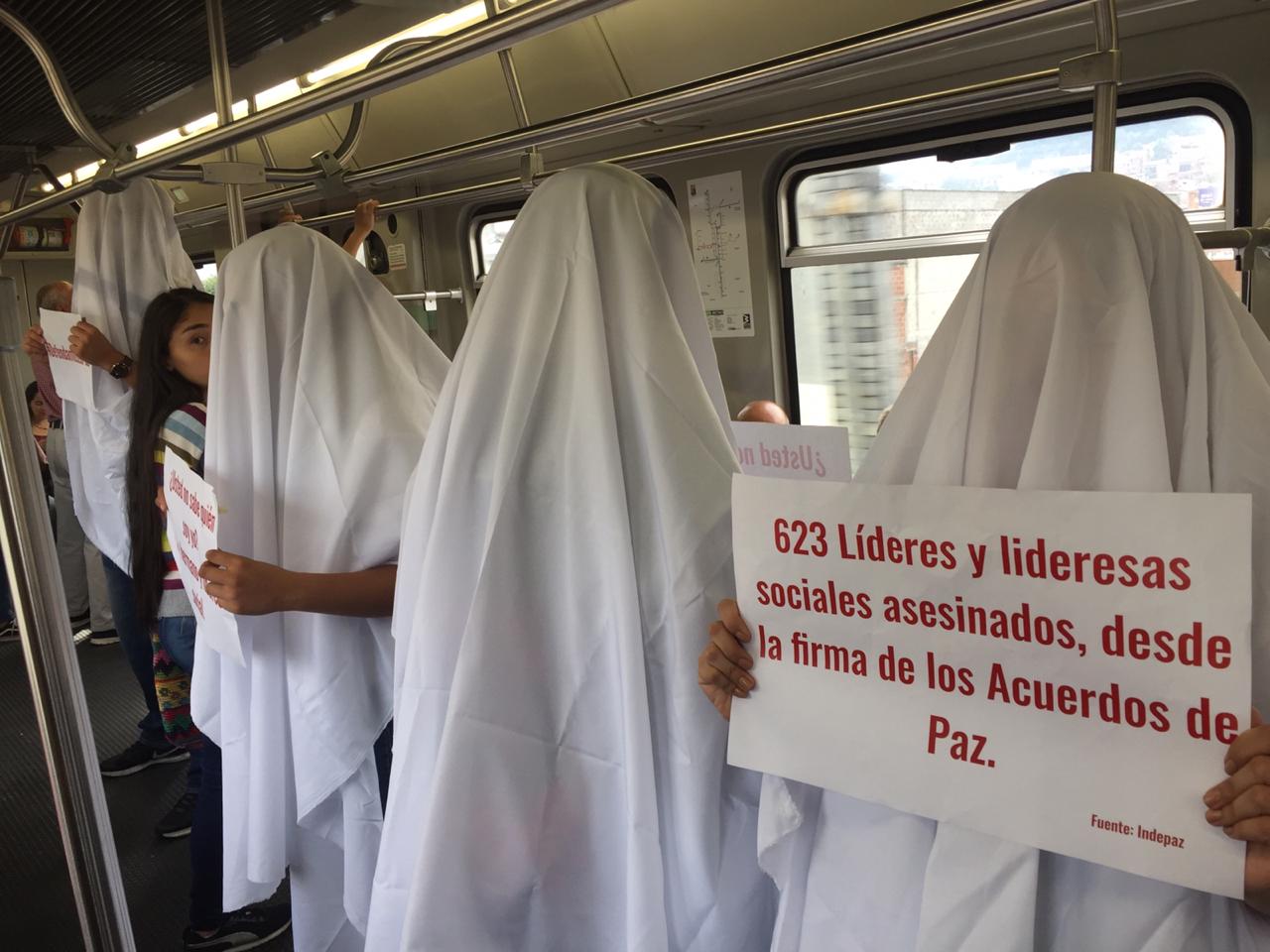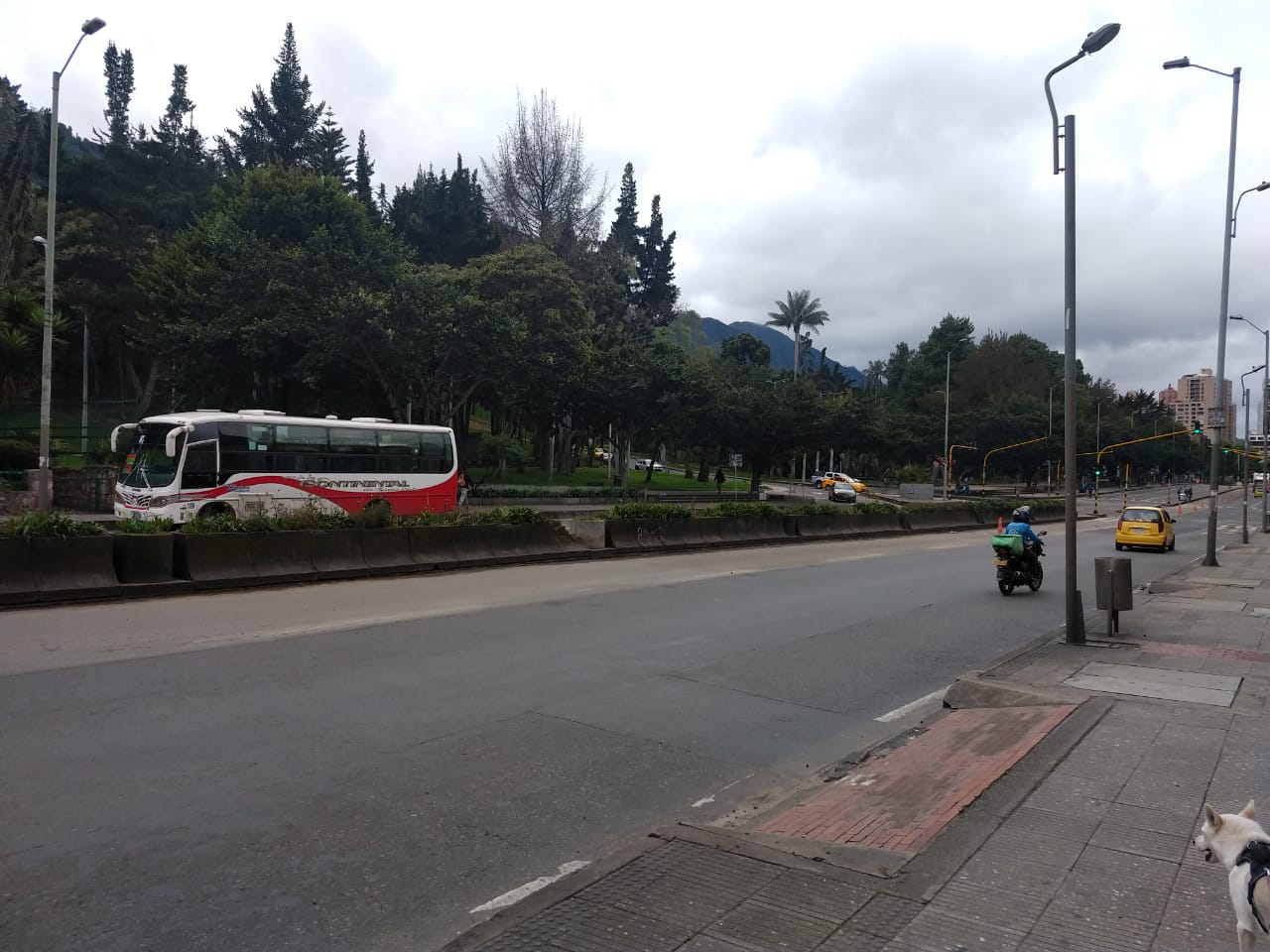Thirteen poets, painters, musicians and other creators spent five weeks in lockdown together after the founders of ArteSumapaz, an art centre just outside Bogotá, opened their doors to those who needed a place to stay.
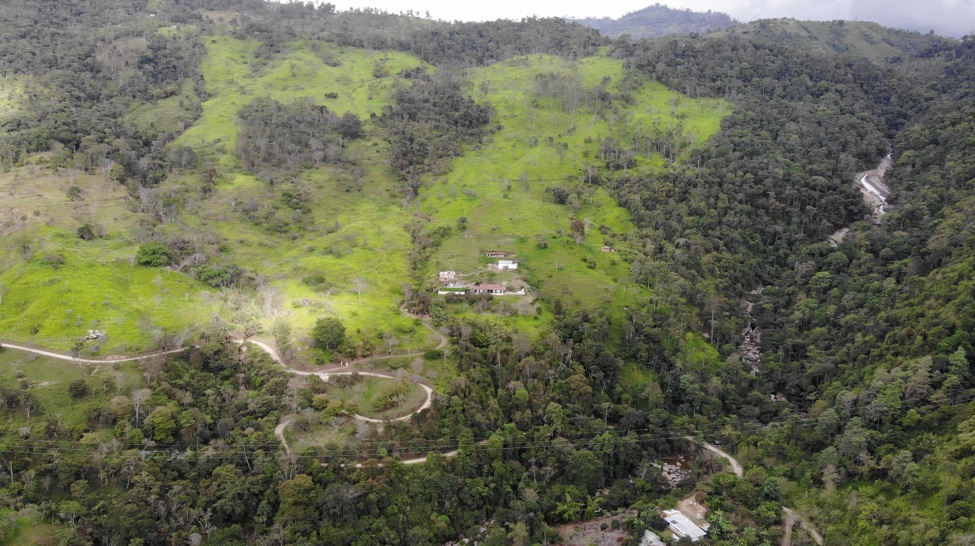
It wasn’t exactly by choice.
It was mid-March, and Tiffany Kohl was meant to be flying to out of Bogotá, when the Colorado-born expat’s flight was cancelled. With Colombia rapidly shutting down, Kohl jumped at an offer to return to ArteSumapaz, an art centre she’d visited in January, to wait out the lockdown with 12 other creative strangers in similar situations.
Over the next five weeks, the group made art, worked the property and broke pan de yuca together. Those who needed to grieve, grieved. A performance artist opened his show, delayed by COVID-19, to an audience of a dozen. It was a period Kohl – one of the founders of Gringo Tuesdays – describes as magical, inspiring, a moment in time that has her rethinking how she wants to live her life.
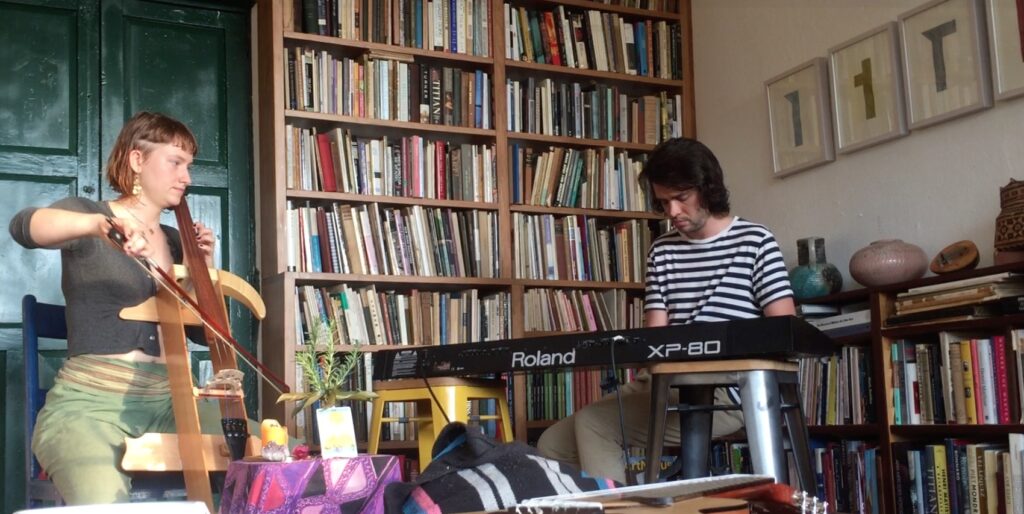
“I thought it would be a week, and it just kept extending and extending and extending,” Kohl says. “It was quite traumatic for some of us with the sudden quarantine, and ArteSumapaz really became a refuge in a very beautiful way.”
Read our latest coverage on the coronavirus in Colombia
ArteSumapaz is an artist residency sitting among 116 hectares of overgrown rolling hills, a former coffee plantation in the Sumapaz Valley located three hours south of Bogotá by car. The residency offers rooms to artists with the purpose of creating a space to “heal the traumas of the world through art, connection, community and balance.”
Founded by California-born Ric Dragon, a former digital marketing entrepreneur, and Bogotano Pedro Crump, a pianist and composer, the centre celebrated its one-year anniversary on April 1. Although still in its infancy, the COVID-19 pandemic has pushed ArteSumapaz to stand up to its mission.
‘The Gate Was Locked’
Dragon says he first realised the full gravity of the situation when he visited Bogotá on March 15 and found Chapinero favourite Mesa Salvaje empty. He stocked up on groceries and put out the word to any prior ArteSumapaz resident: If you can make it by March 19, you’re welcome to stay. “We already had a small group at the centre, and another bunch straggled in, but true to our word, on the 19th, the gate was locked.”
Dragon says he’s reluctant to crow about the joys of being on lockdown with a group of painters, musicians, poets and other creators while others are suffering, but a description of their days speaks for itself. “Pretty much every day is full,” he says. “All meals are communal [and vegetarian], breakfast followed with a session of zazen meditation in the performance space, people engaging in various volunteer activities in the kitchen or the garden.” Twice a week the residents had an open critique session for their art (accompanied by hot chocolates, cookies, pan de yuca). One of the residents turned out to be a chef, and volunteered to lead the kitchen. Another took up baking sourdough. Each night over dinner residents would play “Rose-Bud-Thorn” – the game where you share your highs and lows of the day. A loose daily schedule run with the philosophy that art and community heals.
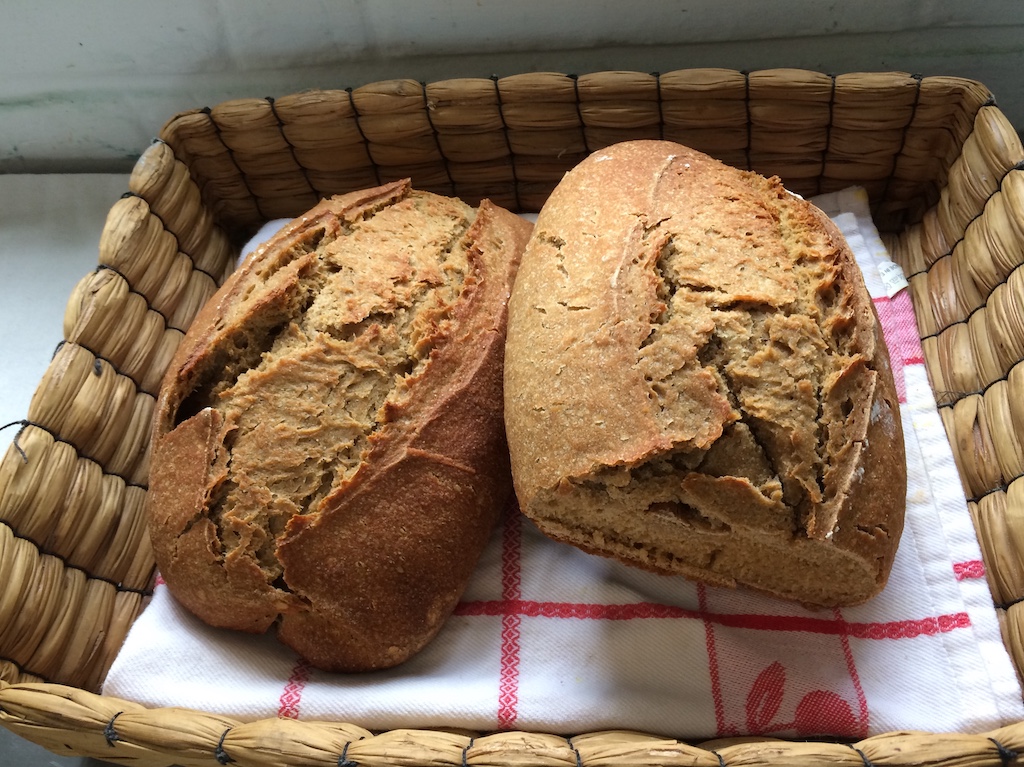
“I’m intrigued by trauma,” Dragon says. “I think if you look at the history of our societies – not only so-called ‘first world,’ but here in Colombia as well, there is a succession of conflict and violence.” He points to post-Gulf War research into PTSD, where the US government found the condition could affect not only the person who experienced trauma firsthand, but also those exposed to that person after the incident.
“The bureaucrats may want to know by what percentage a poem may help reduce trauma in how many individuals of a population, and it’s true – we can’t answer that,” Dragon says. “Our role here is to make and share as much art as possible – to create a sort of refuge of artmaking.”
Vision for an alternative future
In its first year, ArteSumapaz built the strong foundation of this mission: It had 46 visitors, held 10 events, adopted three dogs. It performed an opera – a little-known piece by Mozart – and invited the local community. It was on track to achieve punto de equilibrio by the end of 2020 (ArteSumapaz is a non-profit, but it runs off artist residency fees and volunteers). However a surge of early applications have since been reduced by the pandemic.

Despite this, the centre’s vision for its second year remains strong. One of the opportunities it sees is in creating an “intentional community” of permanent residents who live and work in the valley.
“People all over the world are coming together and creating communities based on shared values,” Dragon says. “Most of the time, those can be on spirituality or organic farming. In our case, it’s art and culture.” The centre is looking forward to a future where it is 95% sustainable, where it has a large-scale sculpture park and nature reserve, a reforestation program, a performance and exhibition centre and an alternative art school, along with the artist residency.
For Kohl, the idea of being part of an intentional community at ArteSumapaz took root during her five weeks in lockdown there. Taking into account the hardship it has brought, she believes the pandemic has allowed many a “great pause” to stop and reflect on how we interact with the world, and to see that the way we are living is not sustainable for humanity or the environment.
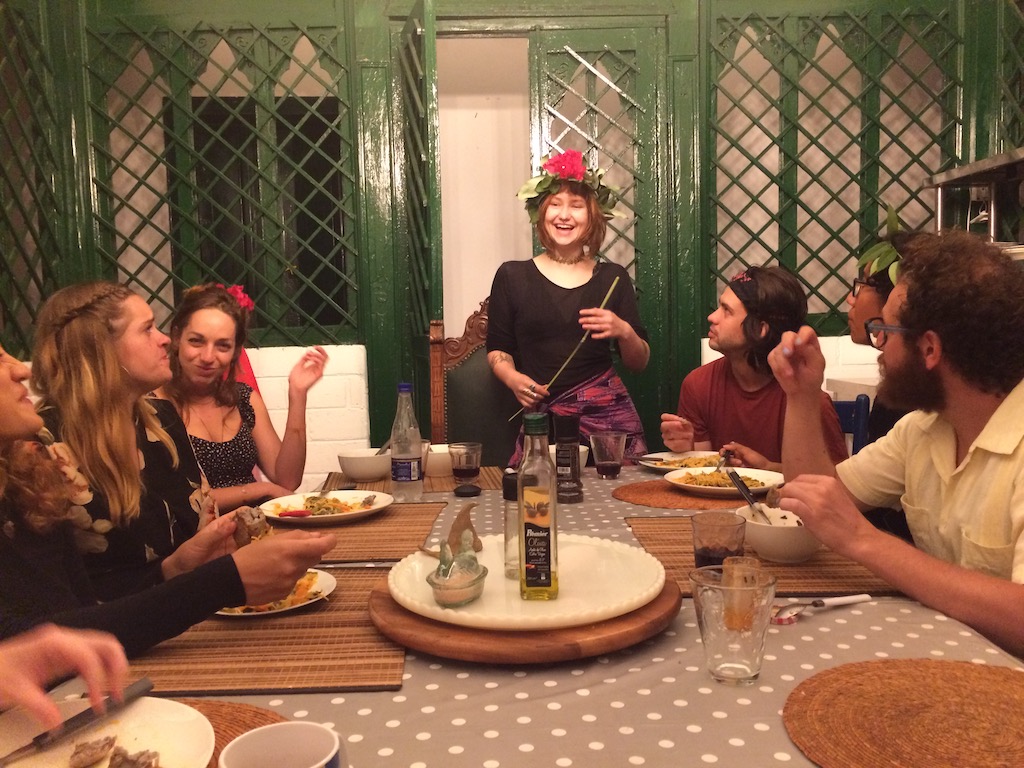
“I’m a single, I have no family, I’m an expat living abroad and I’m very independent, but human nature is to be with others, we’re not solitary creatures,” she says. Kohl said it has become appealing to think about living in a community where her cost of living is reduced, where resources are shared, where sustainability and creativity is built into your way of life.
“I think for a lot of us who are still living in the city this is probably the push we needed to say, ‘That day is here’. For a lot of us this has changed our career path, we have to reevaluate things. Do I want to start over again, do I want to go back into the rat race? Or do I take what little savings I have and put it into a community?”
